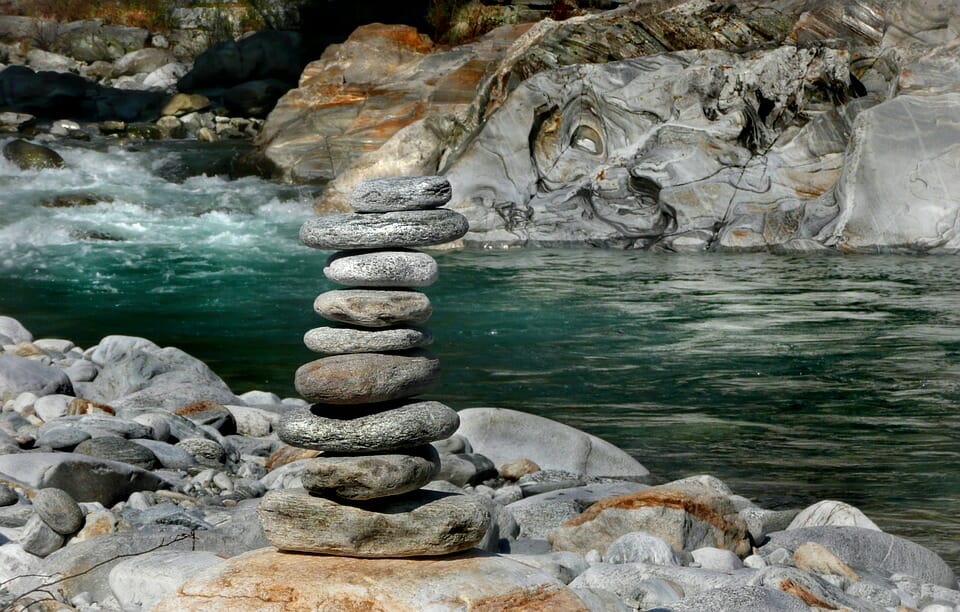I think I’ve come full circle on the whole “secret fishing spot” argument. I’ve written three guidebooks over the years, with the intent of helping anglers enjoy the public lands resources here in Idaho and in nearby Yellowstone National Park. I also made a little money for the work, and I feel like I earned it.
But this last year was a tough one for me, as an angler, because of the increased pressure put on our natural resources thanks to the ongoing pandemic. I loved that more people were getting out on public lands — the outdoor recreation economy is vital to communities like mine in the West. But I wasn’t too pleased with the ethics these new outdoors enthusiasts practiced, and it bugged me that folks were so disrespectful. It’s clear that, with new “users” visiting our shared national treasure (our public lands), these folks need some educational training on not just where to go, but also how to go there correctly, and how to behave upon arrival.
I kept a list of issues that irked me in 2020 — just the things I noticed in my close-to-home travel. Here goes:
- In my favorite swimming hole on a cutthroat trout stream close to home, I fished out about 50 feet of monofilament fishing line, an ounce of lead and size 8 snelled fish hook. This out-of-the-way swimming hole is also a great place to fish for native cutthroat trout, so I don’t have a problem with the fishing. But I do take issue that this terminal gear was left behind, and that anyone — a kid, a dog … me — could have gotten tangled in it and gotten hurt. Digging a rusty hook out of your leg can ruin a camping trip.
- While fishing on the upper St. Joe in northern Idaho late last summer, I had a great conversation with a Forest Service employee — I always love to talk with the folks who work to take care of our public lands. Unfortunately, the discussion was depressing. A camper in the area that I chose to camp and fish had taken a chainsaw to a stock post and completely destroyed it. That campfire cost taxpayers a few thousand dollars.
While fishing a fantastic little trout stream within an hour of home last summer, I came upon a half-dozen three- to five-foot-high cairns constructed from rocks pulled from the bottom of the creek.
- Rock cairns may not seem to be a terribly abusive practice, and in many places along marked trails across the West, cairns serve as landmarks so hikers can gauge progress. But, while fishing a fantastic little trout stream within an hour of home last summer, I came upon a half-dozen three- to five-foot-high cairns constructed from rocks pulled from the bottom of the creek. Not only did it ruin my experience — when I go fishing, I don’t care to see that someone else has been there before me and taken the time to prove it — but some of the rocks were substantial and had provided good habitat for fish and aquatic insect life. I did take great pleasure in deconstructing them.
- Garbage, garbage and more garbage. Never, in 20 years of visiting some of my favorite dispersed camping sites in eastern Idaho, have I seen more garbage. It wasn’t just campfire pits brimming with paper plates, but plastic wrappers, fast-foot bags and, worst of all, dog and human waste. The “pack it in, pack it out” mantra is apparently lost on this new crew of outdoors “lovers.”
- Irresponsible ATV use is making a comeback. I have great friends who ride the designated trails that cross public lands near home, and those who do it right, do it with my blessing. But this last year, the bad behavior was especially noticeable. New “trails” were pioneered by ORV riders near my favorite place to camp and fish — one new trail crosses a sensitive meadow, where a creek crossing was also “constructed.” This is unacceptable, even among the off-road community. With the help of some ORV-riding friends, we managed to deconstruct the creek crossing, but the trail was used often starting in early summer and on through hunting season. It’s now likely a permanent trail, unfortunately.
As I said, I’m all in favor of folks visiting and enjoying our public lands. But everyone needs to know how important it is for campers, anglers, riders, hunters and hikers to take care of this shared resource. The bad behavior I noticed made me rethink my perspective on keeping secret spots to myself. Normally, I would share. The more people who experience great fishing, the more advocates these places have should the need arise to protect them from nefarious development. But this year, I’m going to keep my cards close to my chest — a few of my favorite places will stay secret until I notice folks taking better care of the public lands they visit.
Did you notice any bad behavior on public lands this last year? Are you keeping more secrets now because of it?



